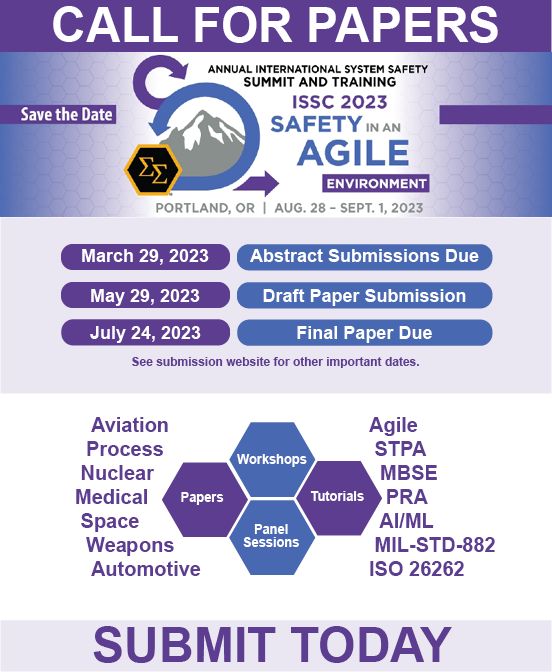Design-Based Safety
Reliability
DOI:
https://doi.org/10.56094/jss.v51i1.167Keywords:
reliability, autonomous, failure-free, Malaysia AirlinesAbstract
As both business enterprise and governmental activities become automated, reliability will be the measure of performance. The term “reliability” establishes an actual value of absolute dependable failure-free performance from all hazardous conditions or circumstances during a specific time period or cycles of operation. Reliability ensures for the reliable and safe design of products, facilities and systems of operation, production, construction, resource extraction, transportation and storage. To achieve reliability, design becomes the “Holy Grail of Safety.” The primary hindrance to achieving reliable safe performance is the intervention of human input. A choice of developing a reliable machine or system depends on either eliminating hazards that are activated by people or eliminating people with a completely autonomous system.














